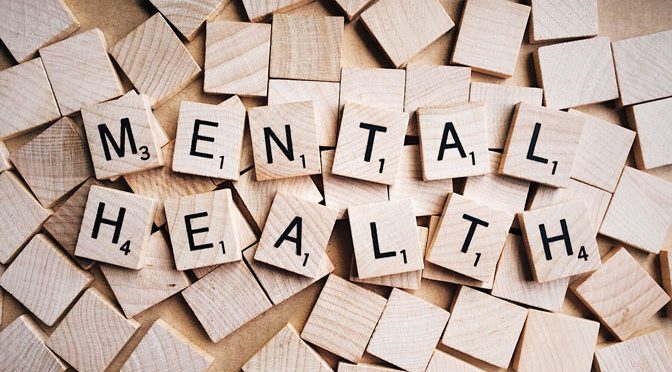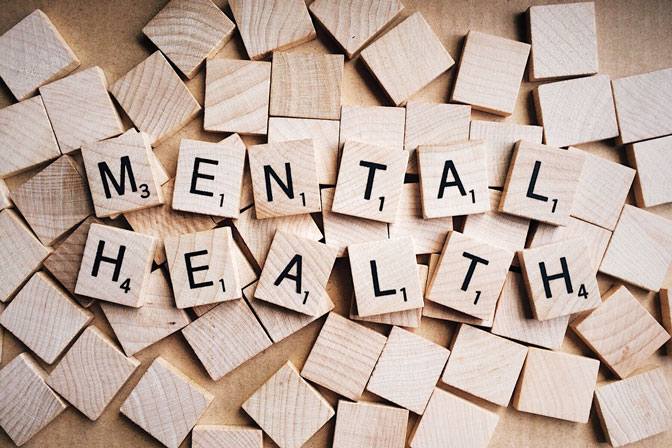The holiday season should be a joyful time, but instead, many find themselves struggling. This is especially true in the wake of the COVID-19 pandemic, during which so many musicians have faced the loss of loved ones, a lack of work, and long periods of isolation. Here are a few ways to weather the holiday storm this year.
Acknowledge Negative Emotions
There’s been a tremendous amount of loss over the last two years. Regardless of the cause, the absence of a cherished loved one can make the holidays a difficult time. It’s important to realize that there’s no “right” way to feel after a loss. It’s natural to feel guilty for enjoying yourself without your loved one, or to be angry at them for leaving you behind. And you’re not ruining anyone’s holiday by admitting that you miss that person. Talking about your feelings can help you to put them into perspective. Consider seeking out a grief support group if you’re uncomfortable sharing with family or friends.
Life changes and financial constraints might also leave you missing out on beloved traditions like traveling to see family, buying gifts, or hosting a get-together. If that’s the case, try creating a new tradition for yourself. Spend a few holiday hours volunteering or enlist the help of friends to collect donations for a local food pantry. There are no rules about what a holiday should look like. Do what makes you happy and reminds you of the true meaning of the season.
Stick to a Routine
Staying as close as you can to your usual routine will help you to feel less overwhelmed by the demands of the season. In addition to keeping a regular sleep schedule and exercising, think about the other daily rituals that bring you peace and help you to recharge. Plan for these in advance, even going so far as to add them to your calendar. Carving out time to read, listen to music, nap, or call a good friend can all be invaluable forms of self-care.
Perhaps the most important ritual to maintain during this time is to keep making music. It’s not always easy to feel creative when life gets complicated, but studies have shown that playing an instrument, as well as songwriting, results in the release of the “feel good” hormone dopamine. This in turn leads to an increased ability to cope with stress and regulate emotions, as well as heighten one’s overall mood. Making music may also help to alleviate some of the physical symptoms associated with anxiety, such as lowering blood pressure.
Take Care of Your Physical Health
Exercise is one of the first things to be put on the back burner when the season gets busy, but that’s exactly when it’s needed the most. Exercise is known to improve mood, increase energy, and reduce stress. It’s also a good way to mitigate the effects of fatty, sugary holiday foods.
When you’re feeling anxious or depressed, it can be difficult to find the motivation to exercise. Research has shown that listening to upbeat, fast-paced music not only makes exercise more enjoyable but can motivate people to work out for longer periods of time. Physical activity doesn’t need to be a workout; try taking a brisk walk outdoors several times a week, or dancing to your favorite tunes while doing housework or preparing meals.
Holiday activities tend to interfere with sleep schedules, as well. Getting regular, quality sleep is essential to supporting overall mental health. Whenever possible, try to go to bed and wake up about the same time every day. Avoid eating large meals too close to bedtime and limit your alcohol consumption. The CDC also recommends sleeping in a room free of electronic distractions like a television or cell phone.
Prioritize Healthy Connections
The holidays are a challenge for those whose family relationships are strained. If being with your family feels like more of a chore than a joy, it’s okay to set boundaries. Stay at a hotel instead of with relatives, turn down invitations, and limit the time you spend with people who make you uncomfortable. Try to avoid topics of conversation that will lead to an argument, and don’t be afraid to excuse yourself if you need to.
Focus instead on the people in your life who support you. Reach out to your friends. Take the opportunity to reconnect with someone you lost touch with during the pandemic. Plan a friends-only holiday gathering or schedule a group phone or video call. Most importantly, resist the urge to stay secluded at home. Get out into the world, even if it’s just to run a few errands or visit your favorite coffee shop. Having brief, friendly conversations with people, or just exchanging smiles, can lift your spirits and help you feel less alone.
If you’re having difficulty this holiday season, visit https://www.afm.org/what-we-are-doing/covid-19-and-mental-health for information on mental health resources available to you.




